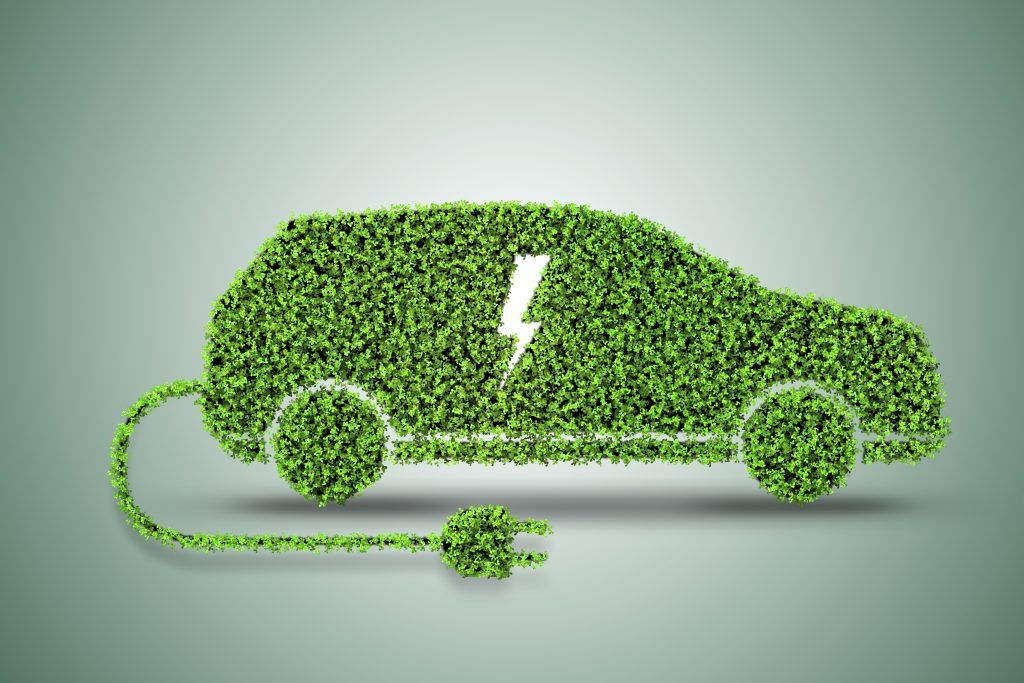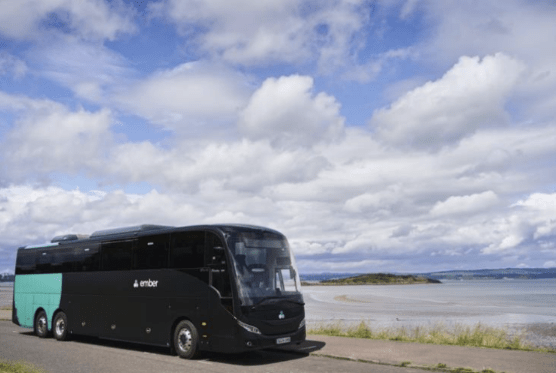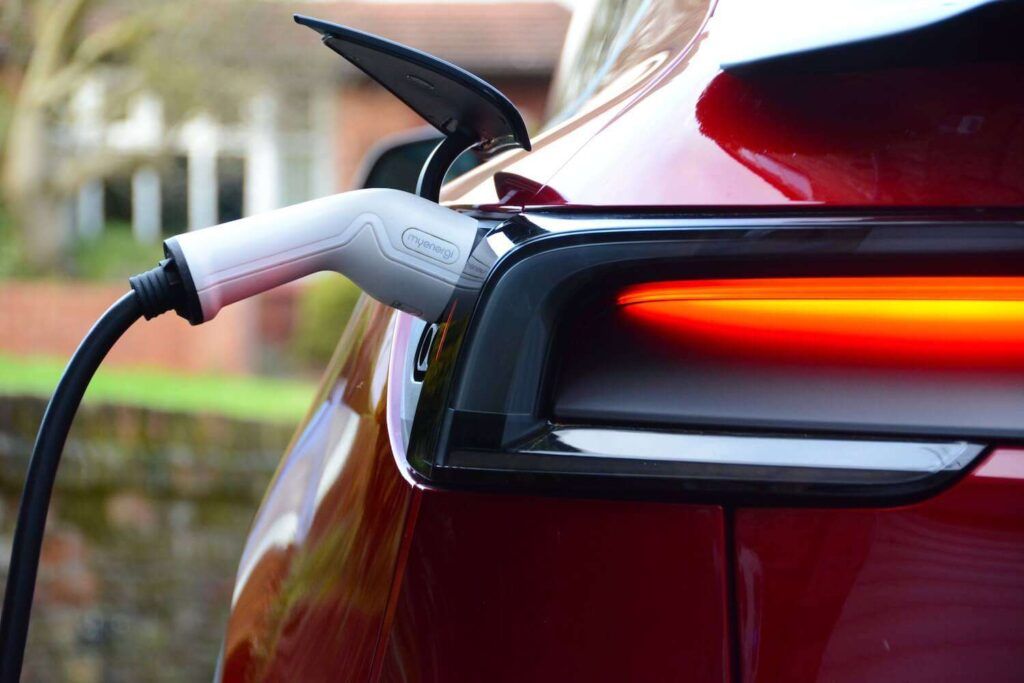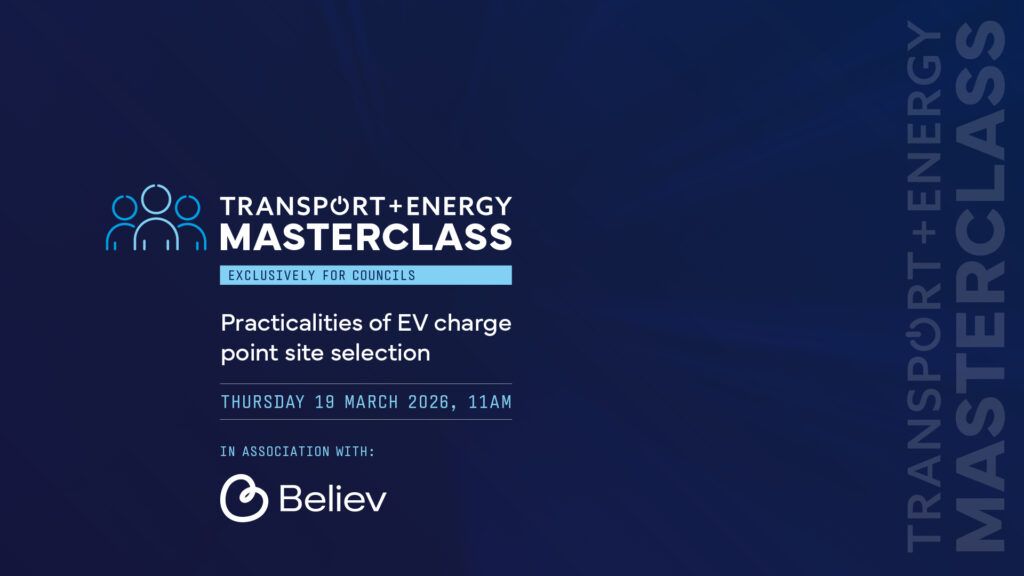Electric vehicle campaign group FairCharge, alongside EV conversion industry voices, want outdated laws changed to help stimulate a growing new industry that could convert tens of thousands of Internal Combustion Engine cars to fully electric power.
By law, The Treasury forces the DVLA to retain CO2 emission rating on V5Cs (vehicle logbooks) on all cars built after 2001 even though they’ve been converted to electric power.
After-market conversions of ICE to EVs must still pay combustion rates of VED (road tax) even though they become zero emission, are still subject to higher ICE rates if entering ULEZ areas and do not benefit from lower BIK rates like all other EVs.
Quentin Willson, Founder or FairCharge, said:“I’ve written to the DVLA for this counter-intuitive law to be changed. They claim their hands are tied by The Treasury who insist that the original CO2 emissions declared by the manufacturer must always be retained even though the car has been converted to battery electric.
“Changing this law would help kick start the emerging EV conversion industry, create thousands of new jobs, millions in economic activity and save many perfectly good combustion cars from the scrap heap. I’m also concerned that the Fire Services, who use the DVLA data, might not know if a road accident they are attending involves an electric vehicle.”
In answer to FairCharge’s letter, the DVLA replied: “Even when a car has been converted to electric propulsion, the Driver and Vehicle Licensing Agency is required by law to retain the CO2 emissions figure recorded at first registration. The DVLA has no discretion on the application of the law in respect of vehicles registered after March 2021.”
If the after-market EV conversion industry isn’t held back by these laws, the cost of EV conversions will fall, many new businesses will be created, vital battery pack and electro chemistry R&D can be funded, and EV ownership could become affordable to more lower income groups.
Chris Hazell, founder and CEO of Fellten, the global leading EV conversion system manufacturer, based in Bristol, UK and Melbourne, Australia:
“Changing the laws to correctly categorise ICE to EV conversions will help jumpstart a strong and significant industry throughout the country, repurposing polluting combustion cars to clean electric power.
“The growth of this industry in the UK would also benefit The Treasury, as it would create employment opportunities for a wide range of professionals such as engineers, production teams, builders, installers, trainers, and service specialists.
“It is time to catch up with many countries worldwide which are actively supporting ICE to EV conversions, to boost the transition to renewable energy sources – and keep our rolling heritage on the roads.”
Justin Lunny, founder and CEO of Everrati, Everrati, the leading international technology company specialising in redefining iconic cars with state-of-the-art EV powertrains: “Everrati is fully supportive of FairCharge’s campaign. As a leading business in the EV ‘re-powering’ space we agree that it’s crucial that policy changes are made to encourage further innovation and collaboration to future-proof vehicles for generations to come. A growing ‘re-powering’ industry can only be a good thing for the U.K and its efforts to electrify transport and will help boost the nascent industry.”
According to FairCharge, France and America have financial incentives to encourage ICE to EV conversions, but the UK is still being held back in the EV space by archaic legislation like this.
To repeat and reinforce the simplicity of the argument; FairCharge is asking The Treasury to urgently examine this law and change it to stimulate new jobs and green growth.
Image courtesy of Shutterstock.












